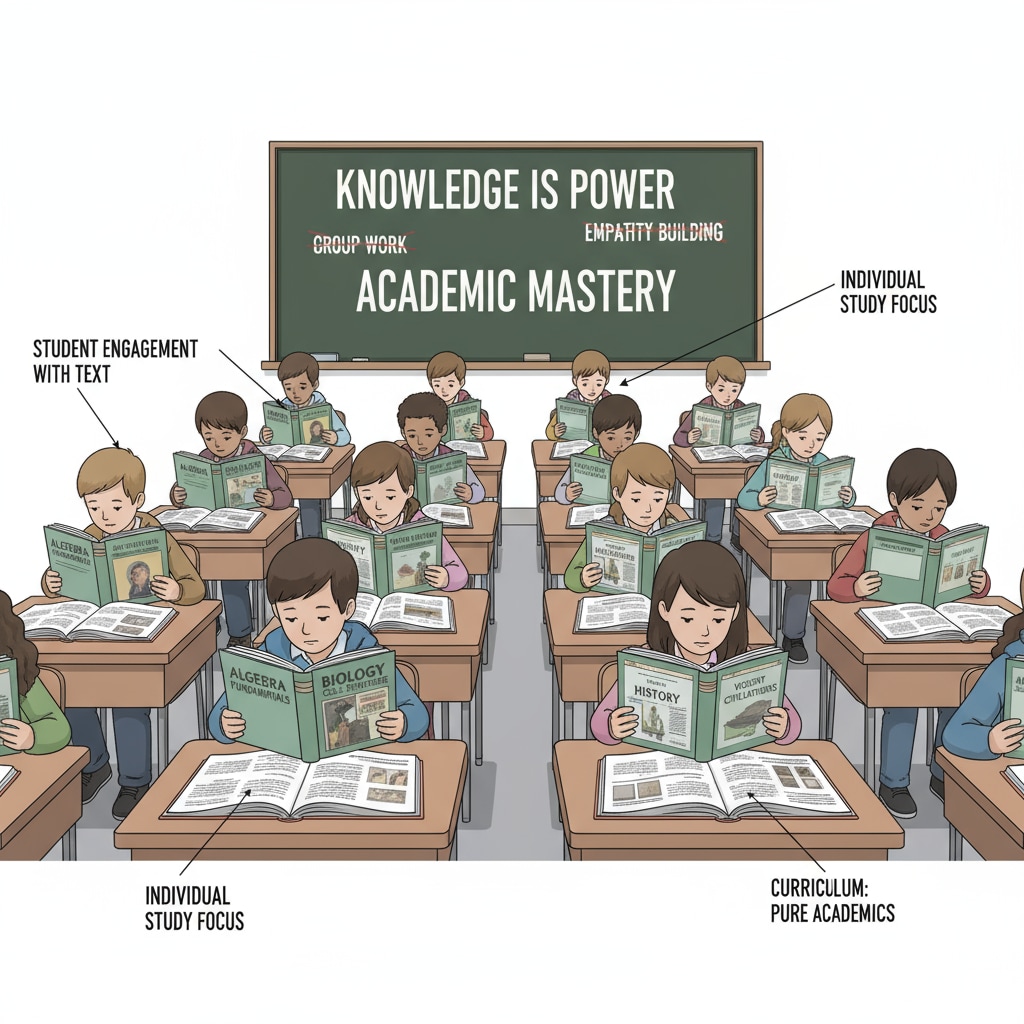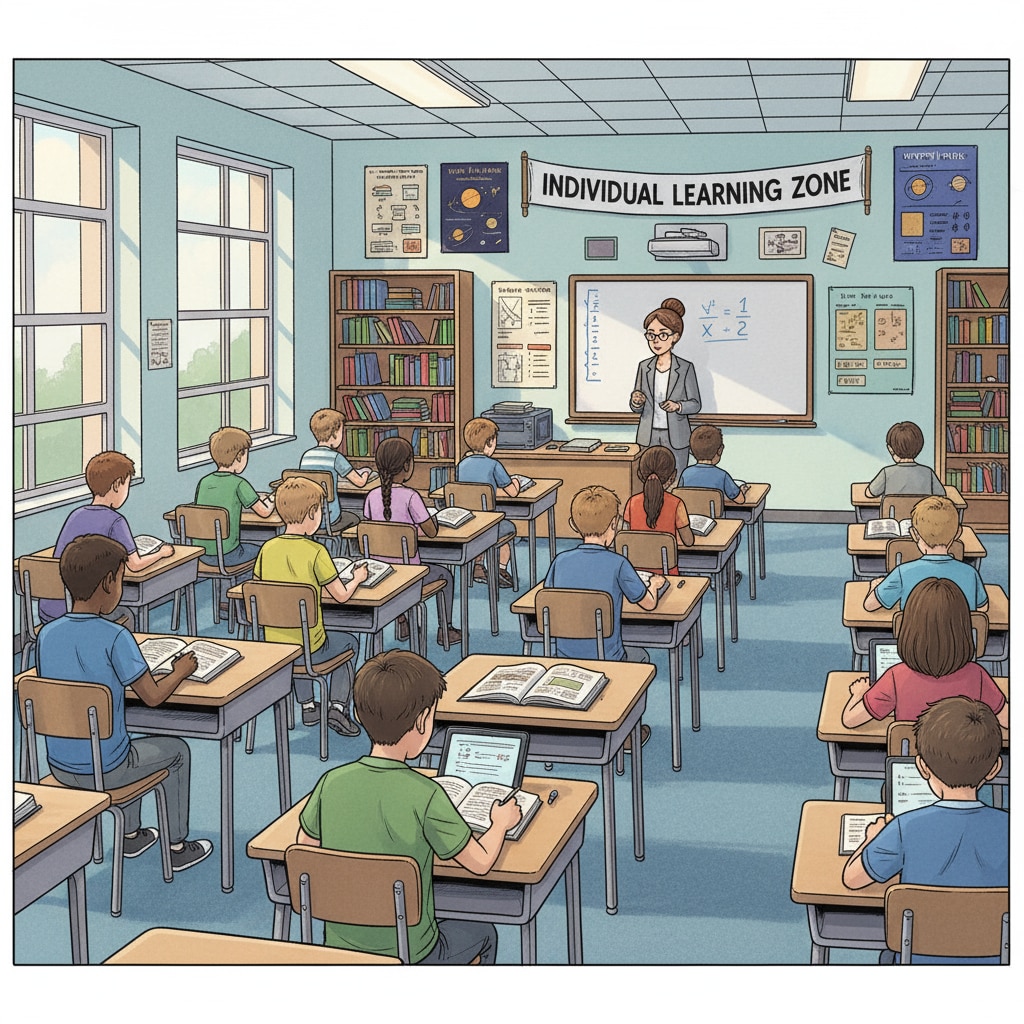In the realm of middle school education, the emphasis on standardized testing often overshadows the crucial aspect of soft skills development. Soft skills, such as communication, teamwork, and problem – solving, play a vital role in a student’s future success. However, the current education system, driven by standardized tests, has led to a significant gap in the cultivation of these essential abilities.

The Dominance of Standardized Testing
Standardized testing has become the cornerstone of middle school education in many regions. These tests are designed to measure students’ academic knowledge in subjects like math, science, and language arts. For example, the SAT and ACT in the United States are widely used to evaluate students’ college readiness. As a result, schools and educators often prioritize test preparation, dedicating a large portion of instructional time to teaching test – taking strategies and rote memorization. This approach, while aiming to improve test scores, has several limitations. According to Standardized Testing on Britannica, it fails to capture a student’s full range of capabilities, including their soft skills.
The Neglect of Soft Skills
Soft skills are non – technical abilities that enable individuals to interact effectively with others and navigate various situations. In middle school, these skills are often sidelined in favor of academic performance. Teamwork skills, for instance, which are crucial for future careers and social interactions, are rarely given proper attention. Students may not have enough opportunities to participate in group projects that require cooperation and communication. As a consequence, when they enter the workforce or higher education, they may struggle to work in teams. Additionally, problem – solving skills, another important soft skill, are not adequately developed. Middle school curricula typically focus on finding the right answers for tests rather than teaching students how to analyze and solve real – world problems.

To address this issue, a multi – pronged approach is needed. First, there should be a reform in the curriculum. Incorporating more project – based learning activities can help students develop soft skills. For example, group projects in science classes can enhance teamwork and communication skills. Second, schools can organize extracurricular activities such as debate clubs, where students can practice public speaking and critical thinking. Moreover, educators need to be trained to recognize and nurture soft skills in the classroom. By providing positive feedback on students’ soft skills performance, teachers can encourage their growth.
In conclusion, middle school education must move beyond the confines of standardized testing and give due importance to soft skills development. By doing so, we can prepare students for a more successful future, where they are not only academically proficient but also equipped with the essential soft skills to thrive in society. As emphasized by Soft Skills on Wikipedia, soft skills are an integral part of a well – rounded education.
Readability guidance: Short paragraphs and lists are used to summarize key points. Each H2 section has a list – like structure. The proportion of passive voice and long sentences is controlled, and transition words are added throughout the text.


